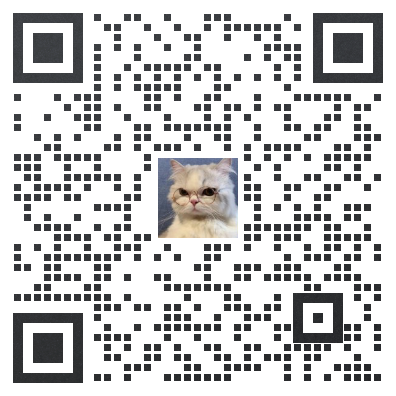The 21st International Conference on Pervasive Computing and Communications (PerCom 2023)
March 13-17, 2023 in Atlanta, USA.
IEEE PerCom, now in its 21st year, will be held in Atlanta, Georgia (USA), during March 13-17, 2023, as a physical in-person conference. PerCom is the premier annual scholarly venue in pervasive computing and communications. Pervasive computing is constantly at the forefront of mobile systems research, and has found its way into many commercial systems due to tremendous advances in a broad spectrum of technologies and topics such as wireless networking, mobile and distributed computing, sensor systems, ambient intelligence, and smart devices.
IEEE Percom 2023 will be held in person. Remote presentations and pre-recorded videos are not allowed unless all authors of an accepted paper are under special circumstances that prevent them from attending the conference in person. Requests for such exceptions will be considered carefully by the organizing committees. We are sympathetic to concerns and sentiments about our in-person focus. We will fully accommodate remote authors/speakers if they have Visa-related travel issues or COVID/health-related travel issues.
Organizing Committee
General Chairs
Sajal K. Das, Missouri University of Science and Technology, USA
WenZhan Song, University of Georgia, USA
TPC Chair
Franco Zambonelli, Università di Modena e Reggio Emilia, Italy
TPC Vice Chairs
Seng Loke, Deakin University, Australia
Eirini Eleni Tsiropoulou, University of New Mexico, USA
Juan Ye, St. Andrews University, UK
Workshop Chairs
Qi Han, Colorado School of Mines, USA
Carlo Vallati, University of Pisa, Italy
Keynote Chairs
Christian Becker, University of Stuttgart, Germany
Sajal K. Das, Missouri University of Science and Technology, USA
Call for Papers
IEEE PerCom, now in its 21st year, will be held in Atlanta, Georgia (USA), during March 13-17, 2023, as a physical event, with a provision for remote participation. PerCom is the premier annual scholarly venue in pervasive computing and communications. Pervasive computing is constantly at the forefront of mobile systems research, and has found its way into many commercial systems due to tremendous advances in a broad spectrum of technologies and topics such as wireless networking, mobile and distributed computing, sensor systems, ambient intelligence, and smart devices.
SCOPE
PerCom 2023 solicits research contributions in all areas pertinent to pervasive computing and communications, especially those that cross traditional research boundaries. In particular, we target:
Advances in pervasive systems and infrastructures: middleware systems and services; data engineering for pervasive computing; cloud, fog and edge computing; integrations of smartphones in pervasive experiences; applications of device-to-device coordination.
Theories, models, and algorithms: context modeling and reasoning; adaptive computing; activity and emotion recognition; programming paradigms; applied machine learning; deep machine learning; federated learning; causal learning; cognitive computing; complex networks; spatio-temporal modeling techniques.
Domain-specific challenges and novel applications: urban/mobile crowdsensing & intelligence; PerCom for healthcare and well-being; cyber-physical PerCom; smart homes and virtual assistants; mixed reality; sports analytics; crime prevention; pervasive nowcasting; urban robotics; pervasive AR/VR; smart vehicles; disaster sensing and management.
Intersections of PerCom with: opportunistic networks; IoT and sensor systems; RFID systems; pervasive data science, cyber physical systems, 3D networks.
New techniques for user-level concerns: participatory and social sensing; trust, security, privacy, and ethics; user interface, interaction, and persuasion; online and offline social networking and pervasive computing.
Technological innovations: architectures, protocols, and technologies for pervasive communications; energy-harvesting, self-powered, or battery-less systems; mobile and wearable systems; smart devices and environments; positioning, navigation, timing, and tracking technologies; device-free human sensing.
Contributions can be analytical, empirical, technological, methodological, or a combination. Papers reporting strong systems engineering contributions backed by solid and appropriate evaluations are strongly encouraged. The impact of the contributions should be demonstrated in the context of pervasive computing and communications applications.
IMPORTANT DATES
Notification of acceptance: December 22, 2022
Camera-ready deadline: January 30, 2023
For Demo Papers
Demo proposal submission deadline: December 9, 2022
Notification of acceptance: January 5, 2023
Camera-ready deadline: January 30, 2023
Authors can scan the code to add conference teachers and send IEEE for submission consultation




